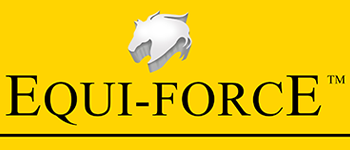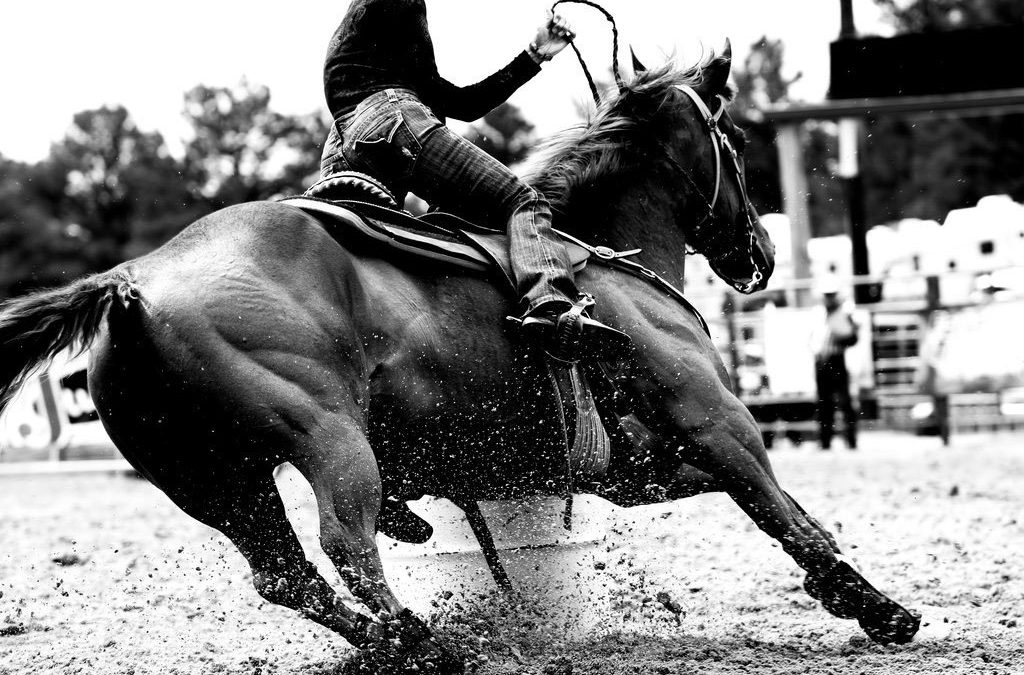
The Benefits of Omega-Tri™ Oil
“She was fed OmegaTri all the way, never any issues while packing on the pounds, no sickness, no digestive upset, no changes in her feet, just steady improvement all around. Obviously, she was getting a fair bit of concentrates early on (once out of the danger zone) but now she gets nothing but hay and her OmegaTri. I did actually get scale weights on her and her average daily weight gain was 4.7 lbs per day!” – Sue Thompson regarding the rehabilitation of a starved mare with OmegaTri™ oil as an adjunct nutritional therapy.

Disorders Caused by Feeding Practices
Today’s Racehorses are selectively bred from a narrow gene pool, asked to perform unnatural exercise regimes, and then fed excessive amounts of unnatural, concentrated grain rations and cultivated, nutrient- dense forages in order to meet their digestible energy and nutrient requirements.

Bicarbonate Loading Horses
At every level of racing, so much time and money are invested in each horse that trainers and owners want to find the extra edge that will help even the most astutely trained and conditioned athlete be more competitive. Manipulation and timing of feeding, feeds, and supplements can alter the physical performance of an individual horse, and an amazing array of performance enhancers or ergogenic aids are available.
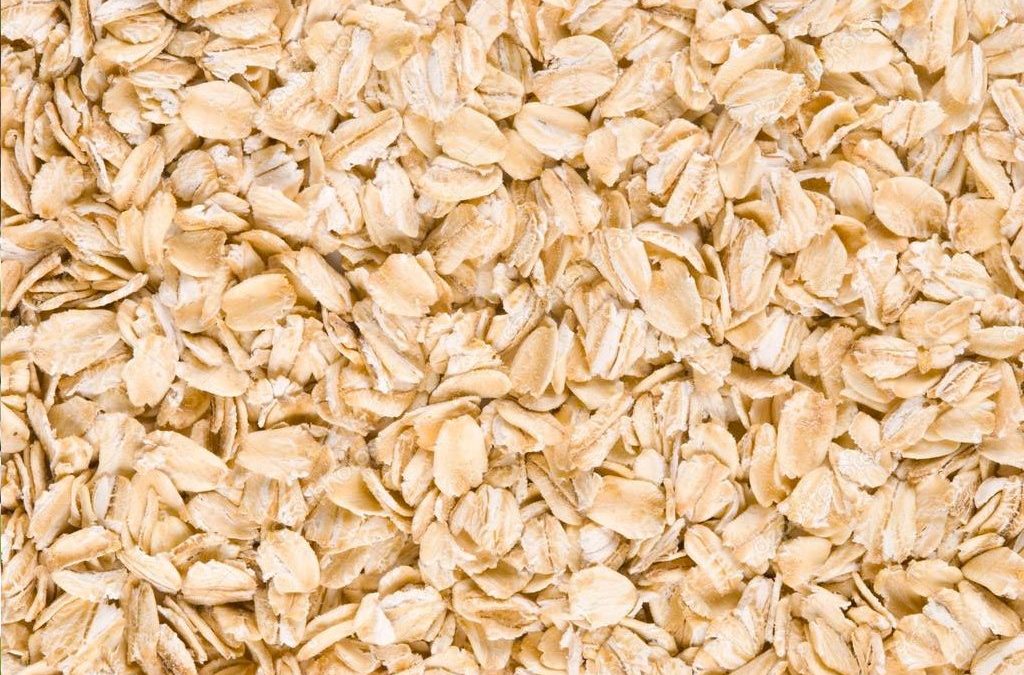
Bran Mashes and Horses
Using bran mash as a weekly ‘cleanser’ is a popular tradition among horse owners and stables. The thought behind the weekly bran mash is that it adds bulk to the stool, helps with hydration, is a good source of fiber, and assists digestion. Despite being fed with good intentions, giving a weekly bran mash actually causes a dramatic alteration to the daily ration and can cause a disturbance in the normal population of microorganisms that reside in the hindgut. Here are some myths and facts about bran mash, wheat bran, and when is the correct time to use it.
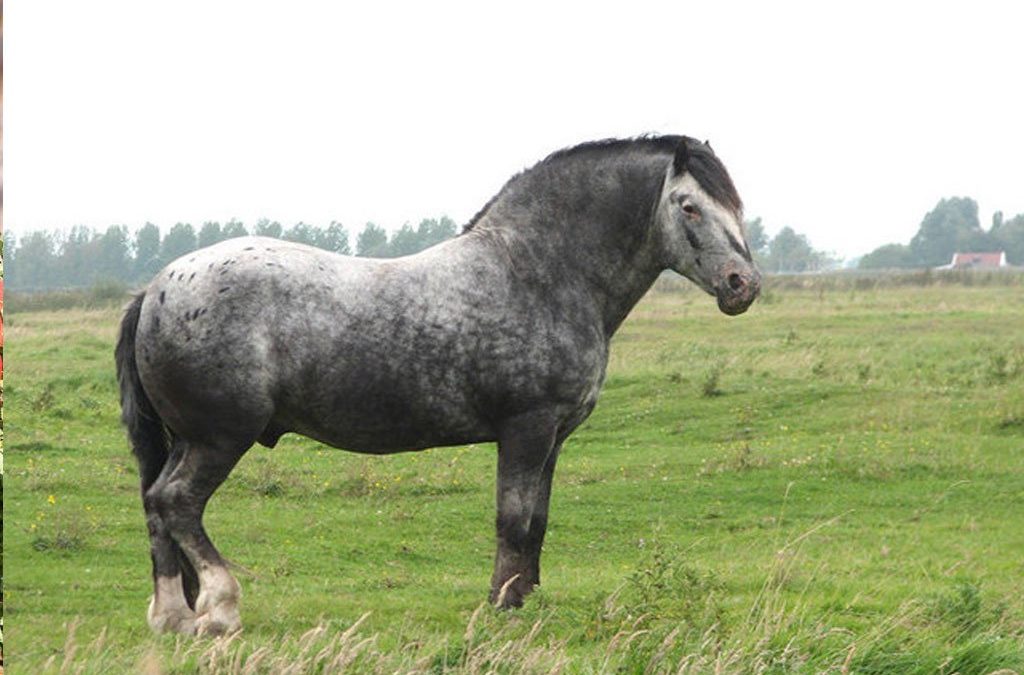
Complications of Equine Obesity
The obesity crisis no longer applies to humans. More and more nutritionists and veterinarians are seeing an increase in obesity within other species, including equines. Obesity in the equine population can partly be contributed to better quality nutritional products and pasture management, which over the years has made it easier for horses to get fat and stay that way. Another contributing factor is a lack of exercise; many horses get little to no exercise on a daily basis. What are the risks for an overweight horse? Overweight horses are prone to many disorders.
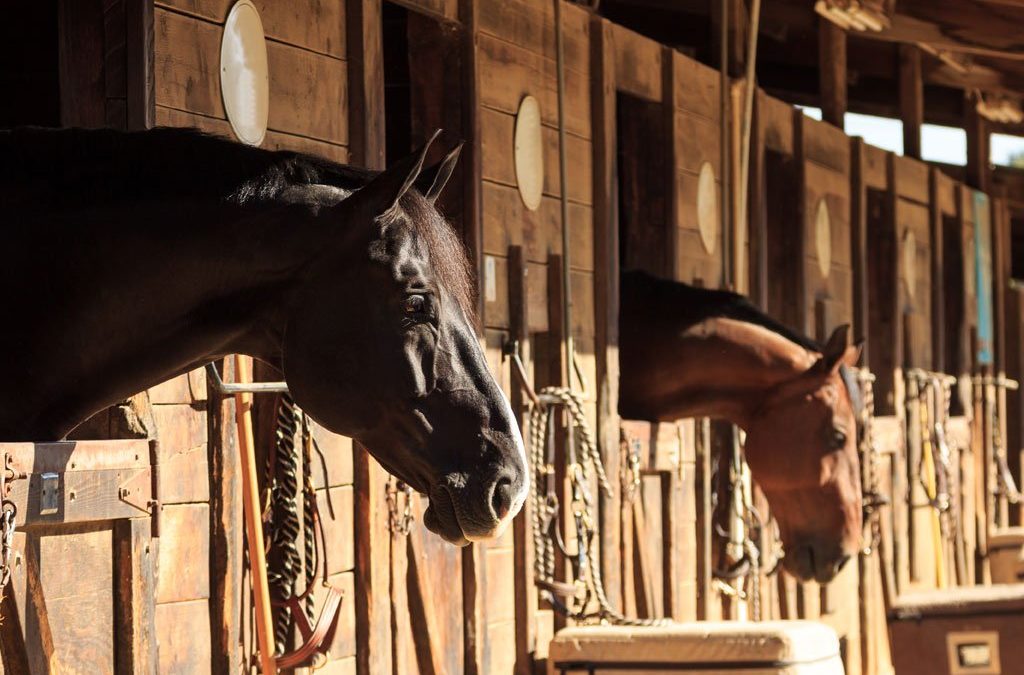
Creating a Feeding Program For Your Horse
When was the last time you evaluated what your horse is being fed? The nutritional needs of horses actually change quite frequently, and I always recommend a thorough evaluation of the forage, concentrate and supplements being fed to a horse every four months. Think about it, something has probably changed the nutritional requirements of almost every horse within the last four months.
